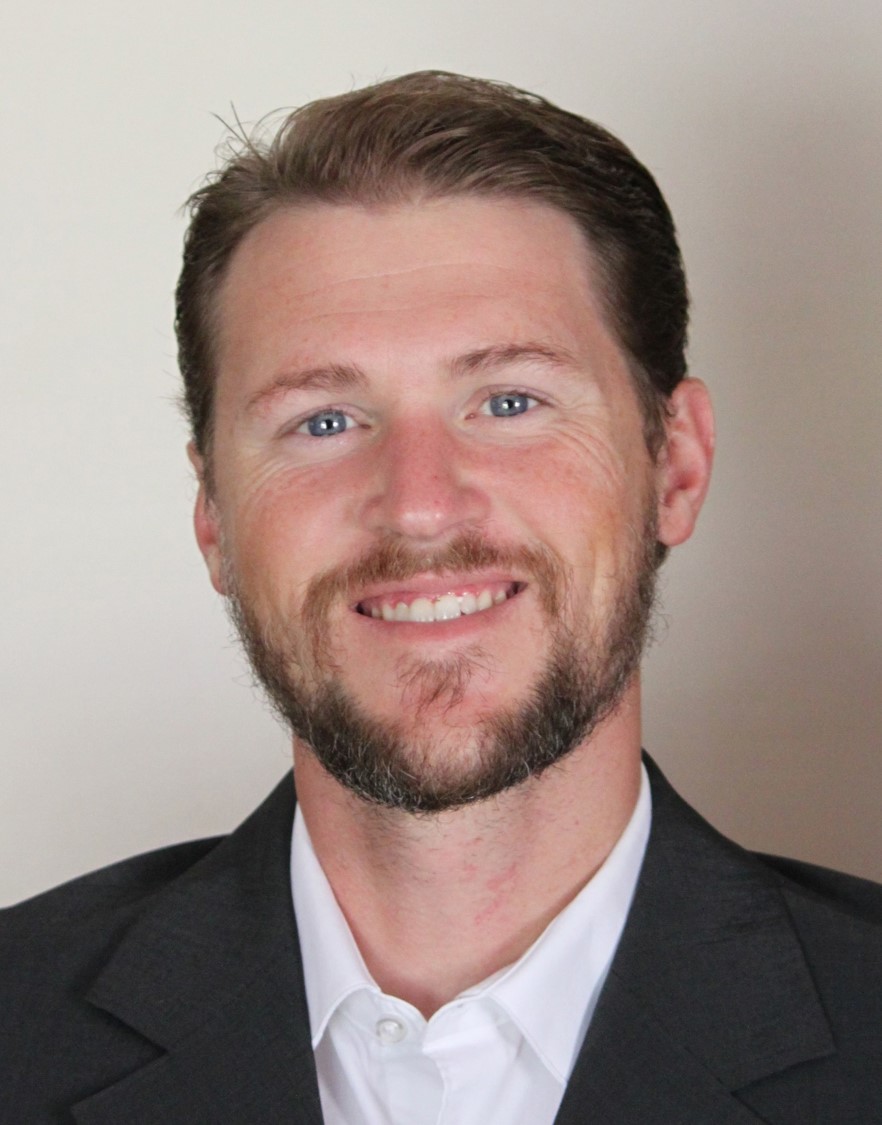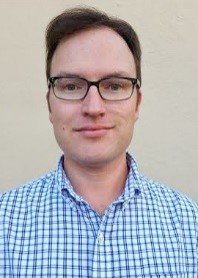The Challenge
Oakland is a thriving and dynamic city on the eastern side of San Francisco Bay, and its low-lying areas are feeling the impact of sea level rise associated with climate change.

Photo Courtesy of: Greg Linhares, City of Oakland
[ezcol_1half]
Storm Water
Already, abnormally high King Tides back up the city’s storm water drainage system. New Oakland Mayor Libby Schaaf has established four priorities for her administration, one of which is developing a sustainable system of infrastructure throughout the City. In response, the City’s sustainability manager, Daniel Hamilton, wants to design and implement a resilient storm water management system—one that can handle future changes in sea level. He is hampered by the lack of relevant examples, tight budgets, and the fact that the City’s process for launching infrastructure projects doesn’t incorporate the effects of climate change. Daniel wants to design a climate resilient storm system and use that success to amend the City’s decision and design process to include explicit consideration of climate change. To put it another way, he wants climate resilience to be a regular factor in all the City’s decision making and infrastructure development, and is using the design of a resilient storm water management system to lead that change.
[/ezcol_1half]
[ezcol_1half_end]
A Scientific Partner
Daniel has identified two scientific partners to help determine the fundamental design and transition characteristics of a resilient storm water management system and to use that process to help him make the case for resilient development practices throughout city planning.
For the rethinking of the storm water management system, Daniel imagines three related actions, below:
- Inventory effective resilient storm water management practices in other communities.
- Audit the current storm water management system in place in Oakland: what are the vulnerabilities and sources of resilience?
- Figure out how to incorporate climate resilience into current and future storm water management practices and infrastructure development. While Oakland has access to good data and models of sea level change, it could use some scientific expertise and local knowledge to refine and downscale the estimates from those models and data.
[/ezcol_1half_end]
The Collaborators
Oakland Sustainability Manager
Daniel Hamilton has 18 years of experience in sustainable policy planning, design, and leadership. As the Sustainability Manager for the City of Oakland, Mr. Hamilton is focused on finding innovative and collaborative approaches to creating and maintaining a resilient and sustainable infrastructure to support the long term health of its residents. The Oakland-TEX partnership is an exciting opportunity to incorporate climate change and sea level rise data into infrastructure planning and improvement.
The TEX Liaisons
[ezcol_1half]
Patrick Hubbard has 30 years of geologic experience evaluating pathways of surface water and groundwater. His projects typically involve estimating the flow volume, direction, and rates, and chemical transport and fate. This Oakland-TEX challenge is exciting fit between his experience, his home city, city-leveraged/science-based action, and climate change adaptation.
[/ezcol_1half] [ezcol_1half_end]
Brian Rowley has over 15 years of experience in civil and environmental engineering with the California Department of Transportation. Since 2006, Mr. Rowley has focused on incorporating green stormwater management and low impact development measures into infrastructure projects. Professional interests include climate resilience and adaptation of infrastructure, especially in coastal environments. Mr. Rowley is a licensed Civil Engineer in the State of California.
[/ezcol_1half_end]
Project Update
The participants in the Oakland, CA ICLEI challenge had their project update call with TEX team members on Friday, October 9th. Topics of discussion included the first meeting among the challenge collaborators, helpful resources provided by TEX, and next steps.
At their first in-person meeting, Daniel Hamilton (the Oakland Sustainability Manager), Patrick Hubbard, and Brian Rowley discussed their expertise and interests associated with Oakland’s challenge of storm water management. They agreed that the next step should involve bringing together all relevant stakeholders, in the same room, to understand previous work conducted on the issue facing Oakland.
During the teleconference it was noted that the city of Oakland has resources that may be beneficial to the collaborators, and this knowledge should be utilized. The Oakland team found the TEX City-Liaison Match: Guide to Your First Meeting to be a valuable tool in helping them focus the conversation on the challenge. Daniel Hamilton highlighted the usefulness of expertise and knowledge differences among challenge participants. He recommended incorporating diverse backgrounds to benefit future partnerships.
The Partnership
[ezcol_1half]


[/ezcol_1half]
[ezcol_1half_end]
ICLEI USA – Local Governments for Sustainability and American Geophysical Union (AGU)’s Thriving Earth Exchange (TEX) partnered to advance knowledge and practices contributing to climate resilient communities across the United States.
[/ezcol_1half_end]



